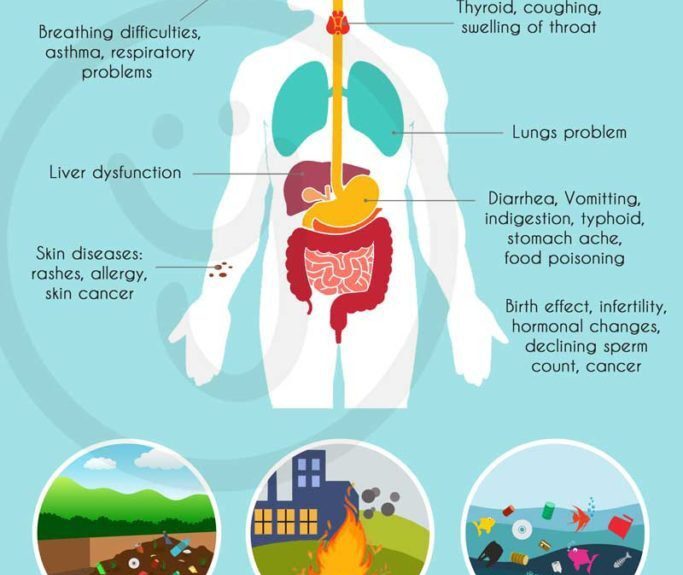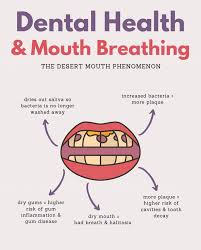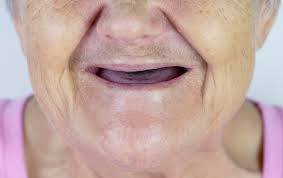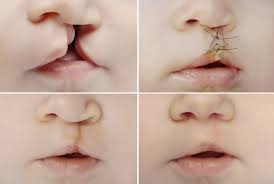Oral hygiene, the practice of maintaining a healthy mouth, is essential for well-being of an individual. It involves brushing your teeth twice a day with a fluoride toothpaste, flossing once a day, and visiting your dentist for regular checkups and cleanings.
It goes beyond preventing bad breath and cavities, impacting various aspects of our health. Proper oral hygiene reduces the risk of gum disease, which has been linked to serious health conditions like heart disease, stroke, and diabetes. Bacteria from infected gums can enter the bloodstream and trigger inflammation throughout the body.oreover, good oral health contributes to our self-esteem and social interactions. A healthy smile boosts confidence and makes a positive impression. Neglecting oral hygiene can lead to tooth loss, affecting speech, eating habits, and overall quality of life.
Brushing twice daily; after breakfast in the morning and before going to bed at night
Flossing once daily
Rinsing mouth vigrously with hot salt water
Consuming balance diet
Reducing frequent intkae of starchy or suagry food or drinks
Stop eating or drinking an hour before going to sleep (plain water is allowed)
Chewing sugar-free gum OR Xylitol containing gus for 5 minutes after every meal








